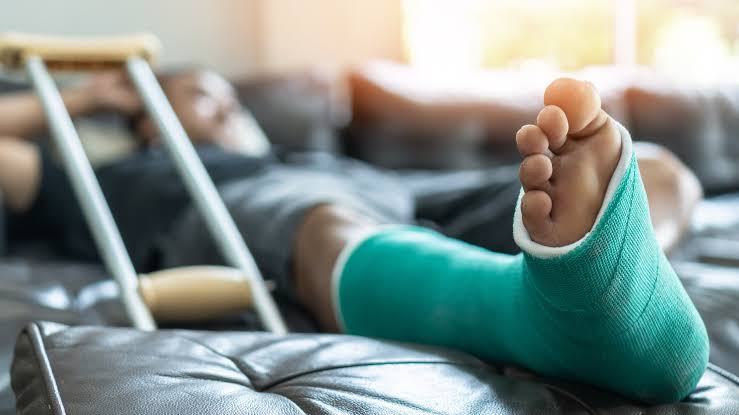Accidents happen when you least expect them, and a personal injury can leave you overwhelmed, confused, and unsure of your next steps. Your health, recuperation, and possible legal claim may be greatly impacted by your actions right after an accident, whether a car accident, a slip and fall, or an incident at work. If you’ve been hurt in an accident, consulting a Phoenix personal injury attorney early can help you avoid common pitfalls and strengthen your claim from the start.
Here’s a step-by-step guide to help you navigate the critical moments and decisions following a personal injury accident.
Step 1: Prioritize Safety And Get Medical Help
Your health should always come first. Call emergency services right away if you or anyone else involved sustains serious injuries. Even if you feel fine or believe the injury is minor, it’s still essential to seek medical attention. Some injuries—like concussions, whiplash, or internal trauma—may not present symptoms right away.
Having a documented medical evaluation also establishes a direct connection between the accident and your injuries, which is vital for any future insurance or legal claims.
Step 2: Report The Incident
Report the accident to the proper authority based on its type:
- Car Accident: Call the police and file a report at the scene.
- Slip And Fall: Notify the property owner, store manager, or building supervisor.
- Workplace Injury: Inform your employer or supervisor and file an incident report.
Make sure the details you provide are accurate, and request a copy of the report for your records. These documents are often used as key pieces of evidence in personal injury claims.
Step 3: Document Everything
Evidence collection starts at the scene. If you’re physically able, take photographs of:
- The location of the accident.
- Any visible injuries.
- Damaged property or vehicles.
- Environmental hazards (e.g., wet floors, broken equipment).
In addition to photos, gather names and contact information of any witnesses. Write down your own account of what happened while it’s still fresh in your mind. The more detailed your documentation, the stronger your case will be.
Step 4: Avoid Making Statements Or Accepting Fault
Be cautious about what you say after an accident. Avoid phrases like “I’m sorry” or “It was my fault,” as these can be interpreted as admissions of liability. Limit your conversation about the accident to factual observations and let the professionals determine fault.
If you’re contacted by the other party’s insurance company, avoid giving a recorded statement without first consulting an attorney.
Step 5: Keep Track Of Expenses And Recovery
Keep thorough records of all the costs associated with the accident. This includes:
- Medical bills.
- Prescription costs.
- Lost wages or income.
- Travel expenses for medical appointments.
- Any home modifications needed for recovery.
Also, keep a journal of your physical and emotional recovery. Documenting pain levels, emotional distress, and how the injury affects your daily life can support claims for non-economic damages like pain and suffering.
Step 6: Consult A Personal Injury Attorney
Personal injury lawyers can help you talk to insurance companies, figure out how strong your case is, and know what your rights are. Legal professionals are skilled at maximizing compensation and navigating complex claims—especially if the other party denies responsibility or offers a low settlement.
You can also talk to a lot of personal injury lawyers for free, and they only get paid if you win your case or get a settlement.
Step 7: Don’t Delay Your Claim
Personal injury claims must be made within a certain amount of time. This is called the “statute of limitations.” Waiting too long can result in losing your right to seek compensation entirely. Prompt action ensures that evidence remains fresh and your legal options remain open.
Conclusion
An accident that hurts you can completely change your life, but if you know what to do, you can get back on track and safeguard your future. From seeking medical care to documenting evidence and consulting an attorney, each action plays a critical role in the outcome of your case. To guarantee that your rights are upheld at every stage, remain informed, organized, and proactive.

